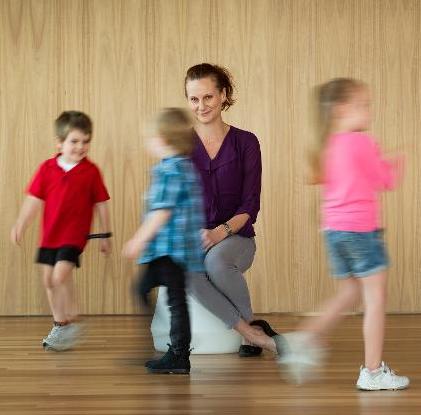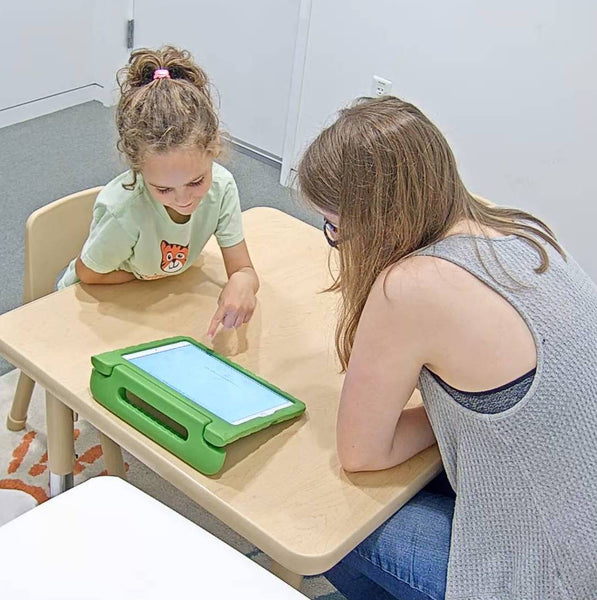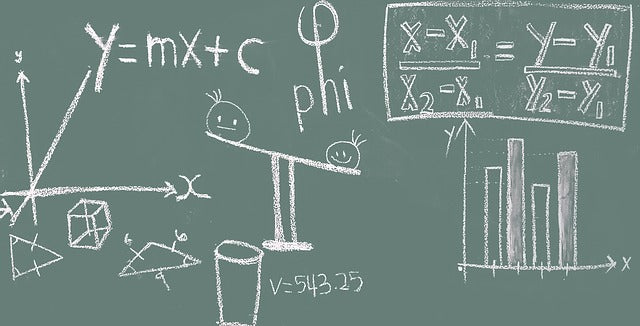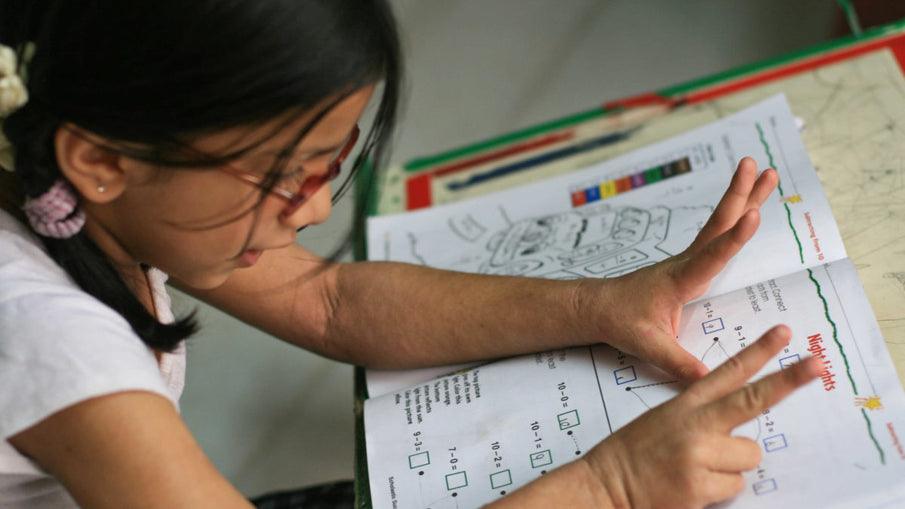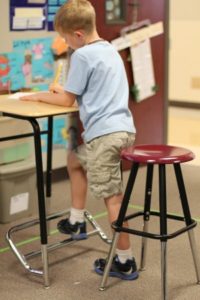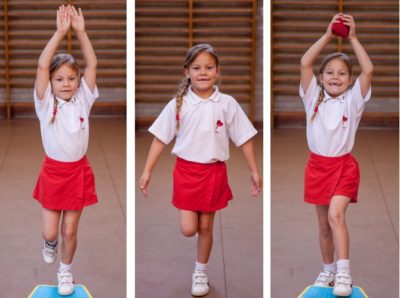Research -- StepUp to Learn
Wiggling It Beats A Path For A Better Performance At School
Marching, wiggling and tapping a beat aids young children to develop their self-regulation skills and improve school readiness.
The ‘Blowfish Effect’: Children Learn New Words Like Adults Do
Even young children know what typical dogs and fish look like — and they apply that knowledge when they hear new words.
Preschoolers Who Watch TV Sleep Less
Preschoolers who watch TV sleep significantly less than those who don’t, according to new research by University of Massachusetts Amherst neuroscientists.
Elementary school student support leads to lower high school dropout
Elementary-school students who participated in a comprehensive support intervention in the Boston public school district had about half the odds of dropping out of high school as students not in the intervention.
Report examines origins and nature of 'math anxiety'
Research reveals that teachers and parents may inadvertently play a role in a child's development of 'math anxiety' and that girls tend to be more affected than boys.
How much does culture influence young children's math abilities?
Researchers from Japan's Hokkaido University compare 6 year old children’s ease with oral and written math problems to see if children's accuracy and comfort with math would be determined by their culture.
Difficulties with audiovisual processing contribute to dyslexia in children
A University at Buffalo psychologist has published a neuroimaging study that could help develop tests for early identification of dyslexia, a disorder that affects 80 percent of those diagnosed with difficulties reading, writing and spelling.
Intellectual Curiosity and Confidence Help Children Take on Math and Reading
Characteristics related to openness, such as intellectual curiosity and confidence, made children more adept to take on math and reading than characteristics describing conscientiousness, such as diligence and perseverance.
Kindergarten difficulties may predict academic achievement across primary grades
New research suggests deficits in executive functions in kindergarten increase the risk for experiencing repeated academic difficulties in mathematics, reading and science from first to third grade.
Developing Instruments to Detect Language Problems Earlier
The research team at San Diego State University is working on ways to better detect language problems in children prior to age 3, when intervention might be more effective.
Sensory Integration Dysfunction Case Study
An August 2010 doctor’s report included history of Oromotor Dyspraxia, Auditory Sensitivity, Articulation Disorder, Developmental Language Delay, and Heavy Metal Toxicity which had improved with prior therapeutic interventions. Current diagnoses include Sensory Integration Dysfunction, Metabolic Disorder, and Developmental Coordination Disorder. Michael was receiving Speech Therapy 5 days a week and Occupational Therapy once a week. His delays first became evident at age 2 when he had not begun to talk.
Case Study: Developmental Coordination Disorder
Emily is an eight year old in the third grade at a private school. She does not receive any special education services through the local school district. Emily was conceived as a result of in vitro fertilization and carried to full term. Developmentally, Emily was a late walker and an early talker. Significant health history includes fracturing the tibia at 12 months of age and again at 4. At birth she was diagnosed with Lordosis (curvature of the spine) and the presence of a sacral dimple. Emily had a few ear infections between the ages of 1 and 2 at which time she was considered for tubes.

